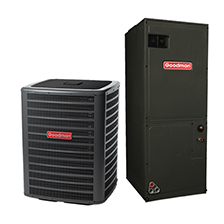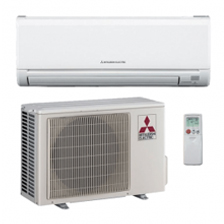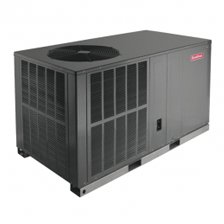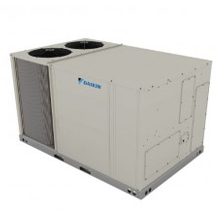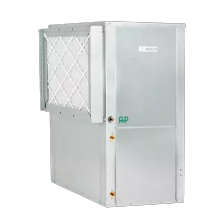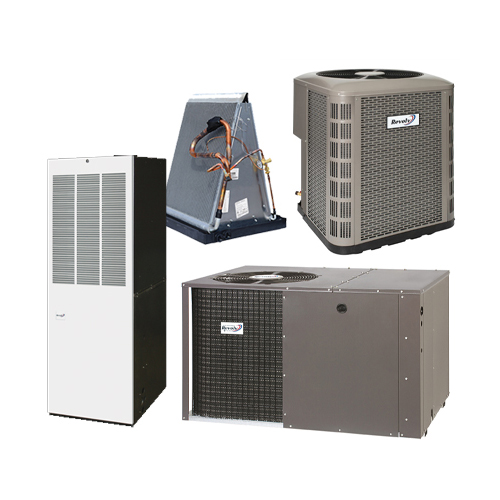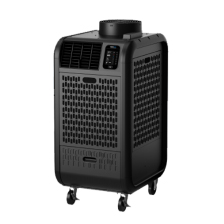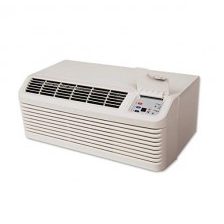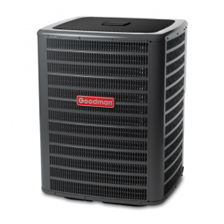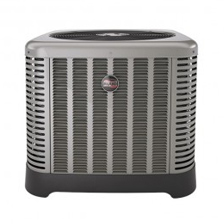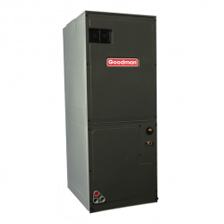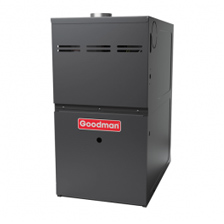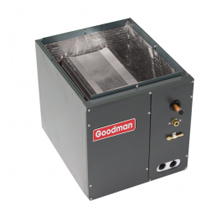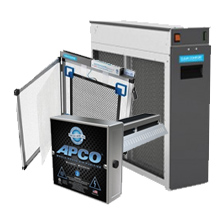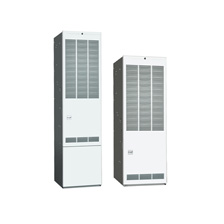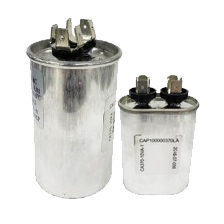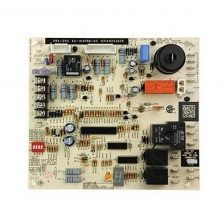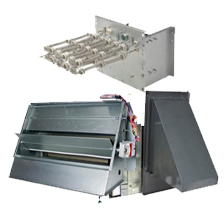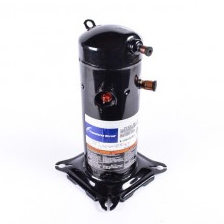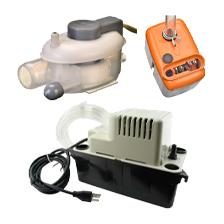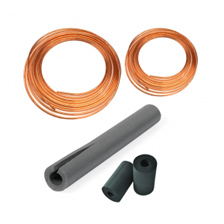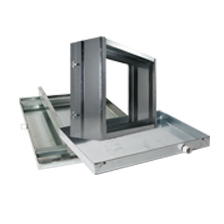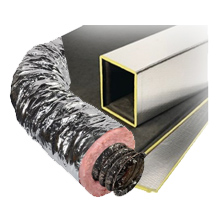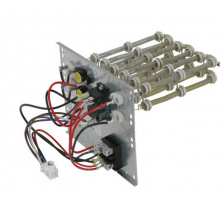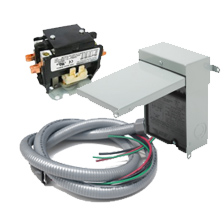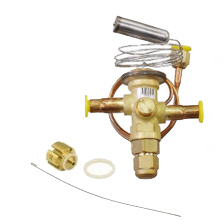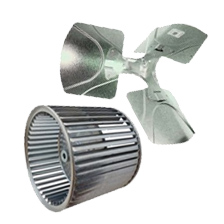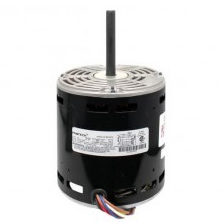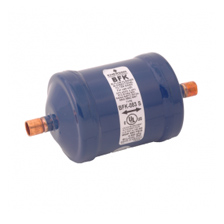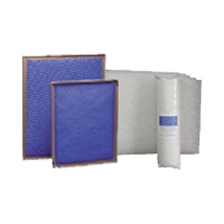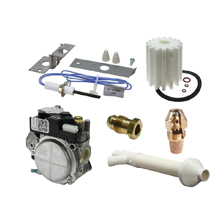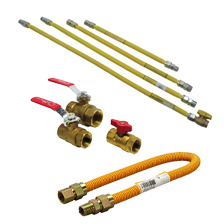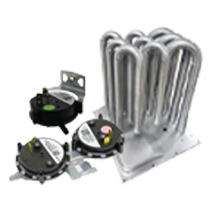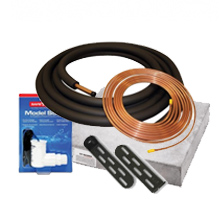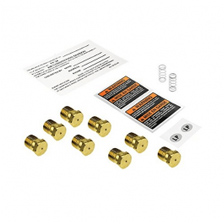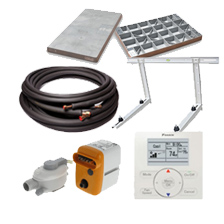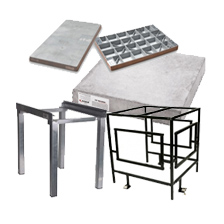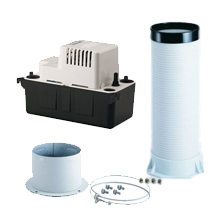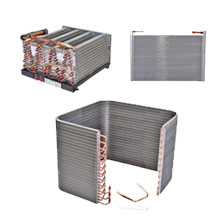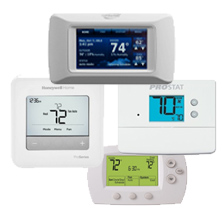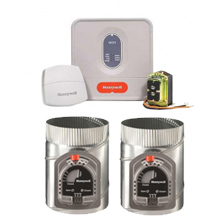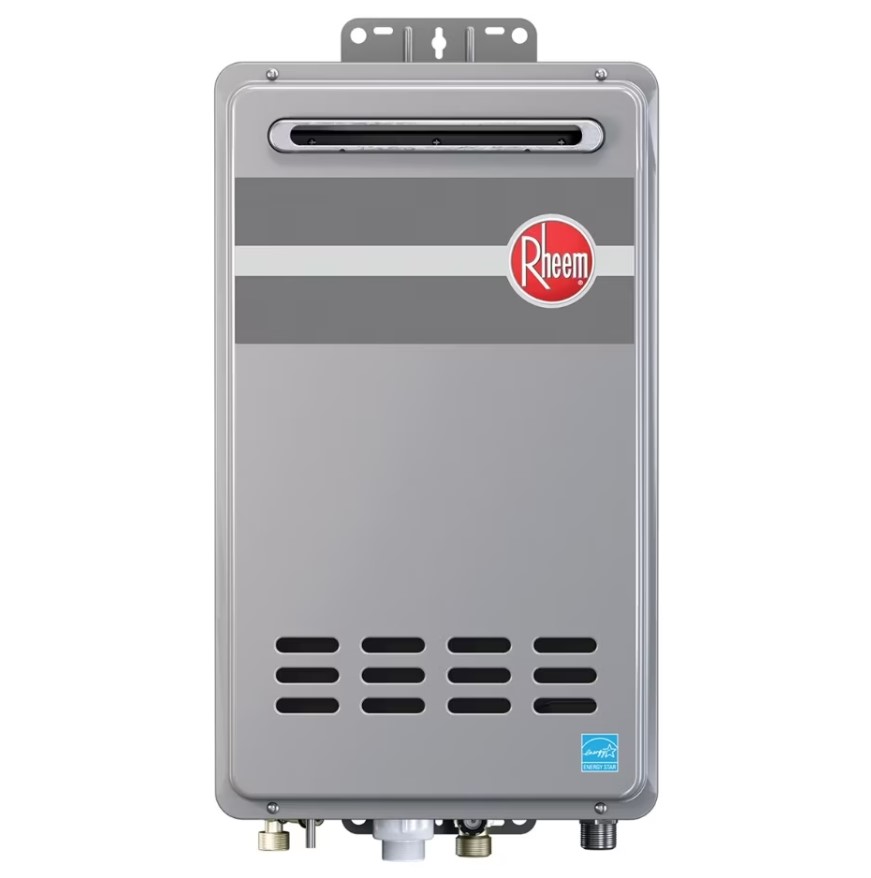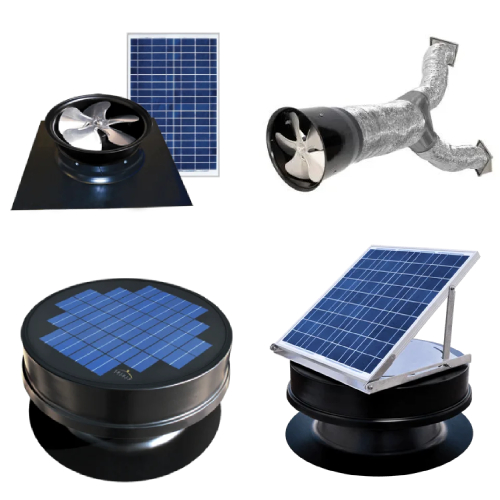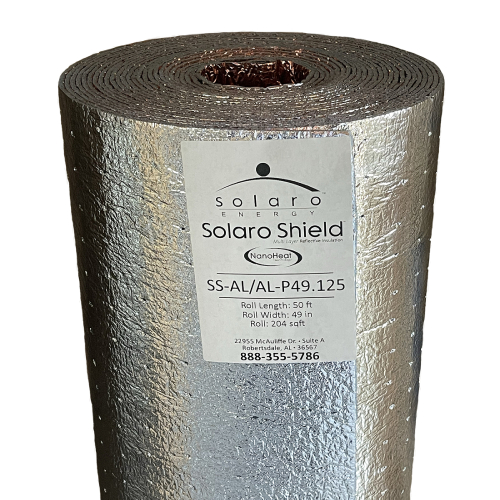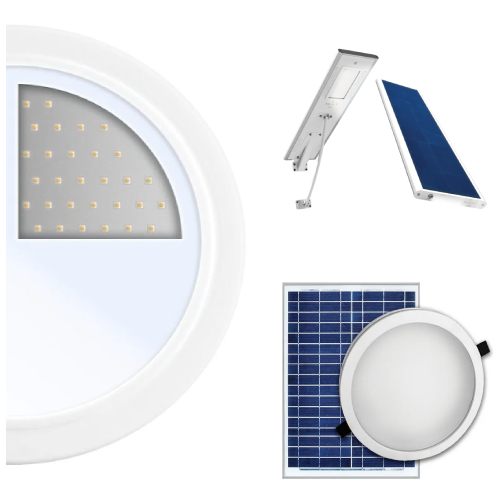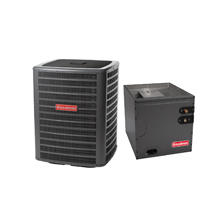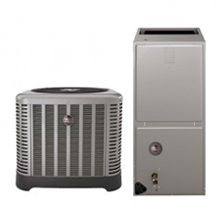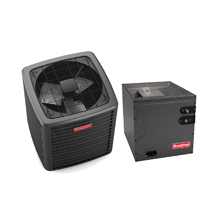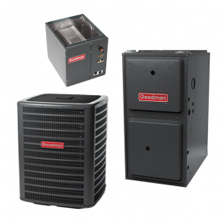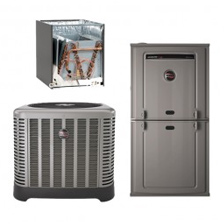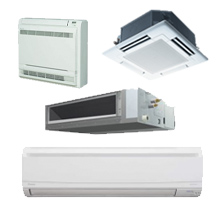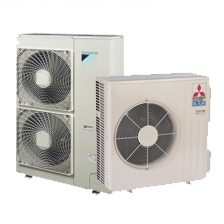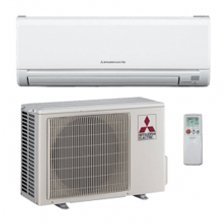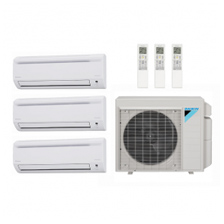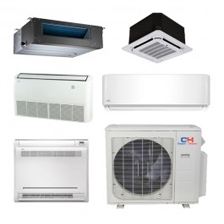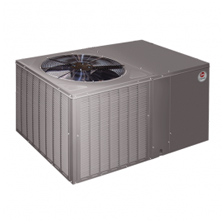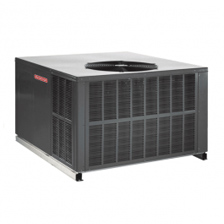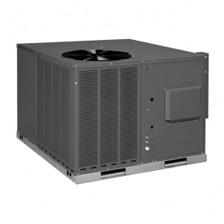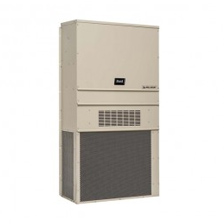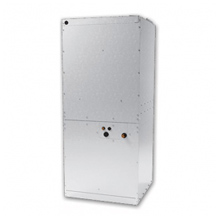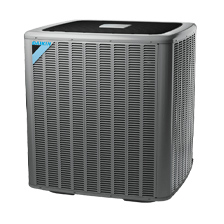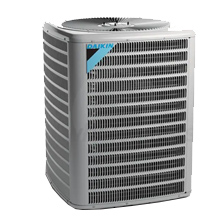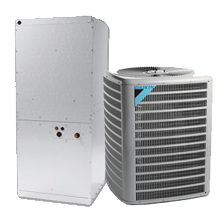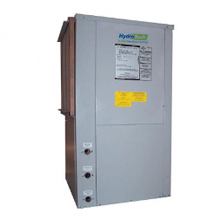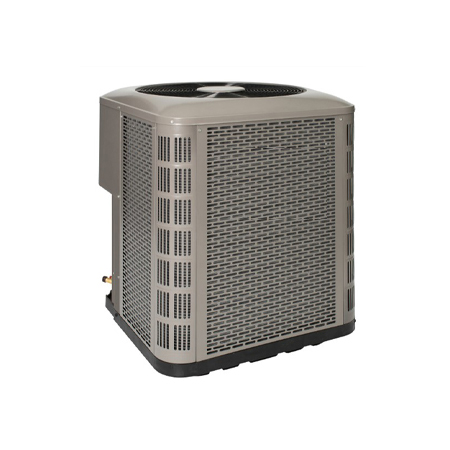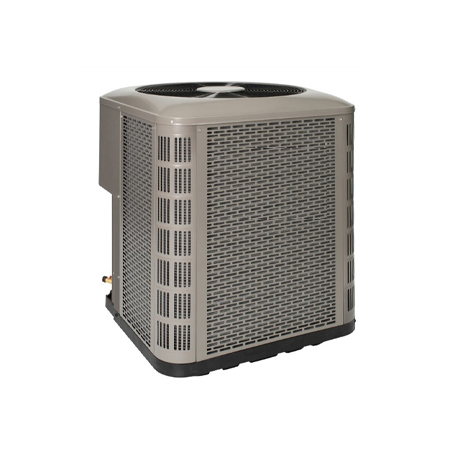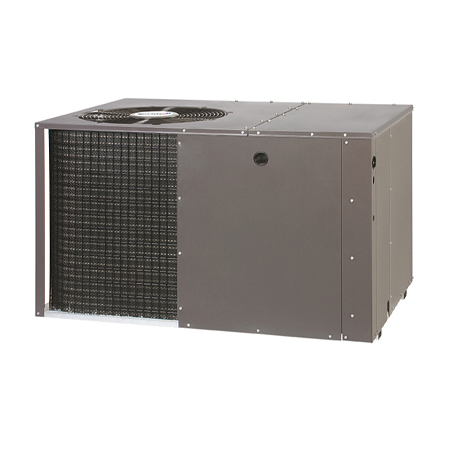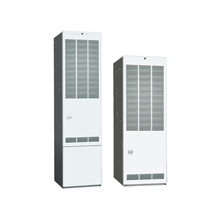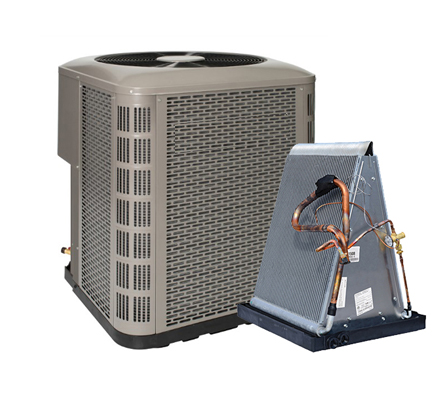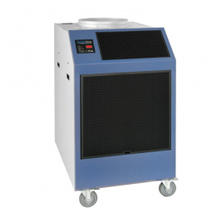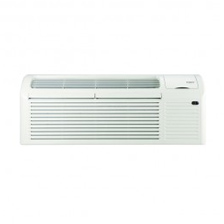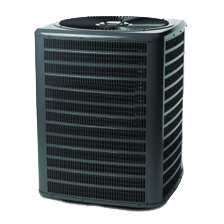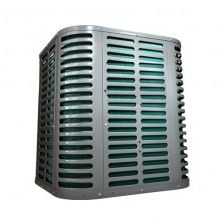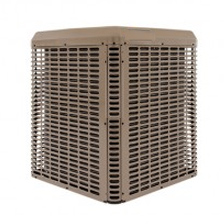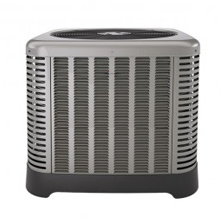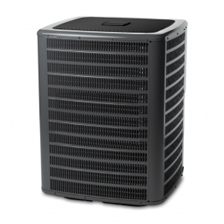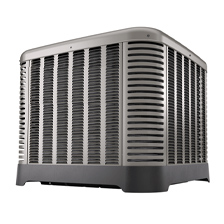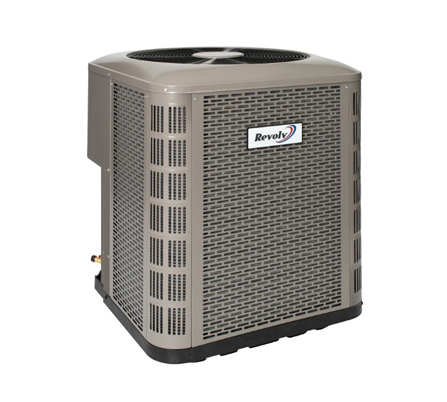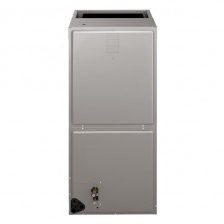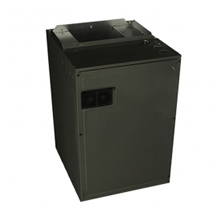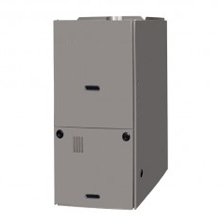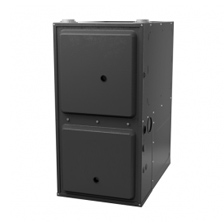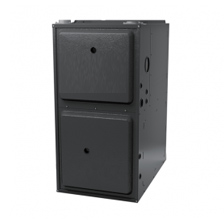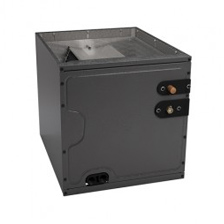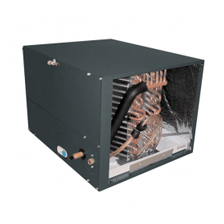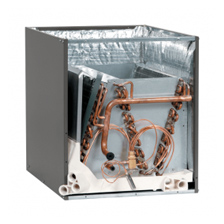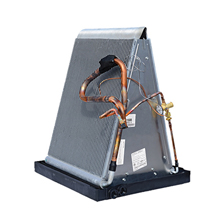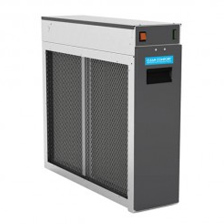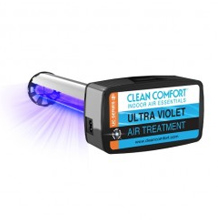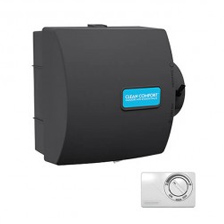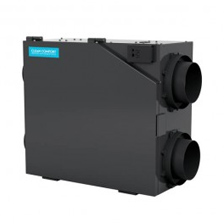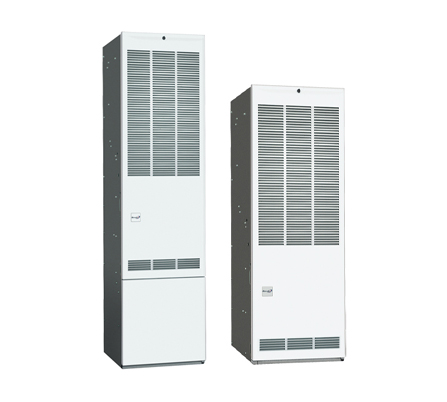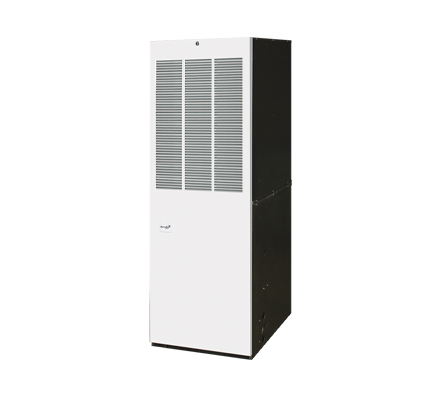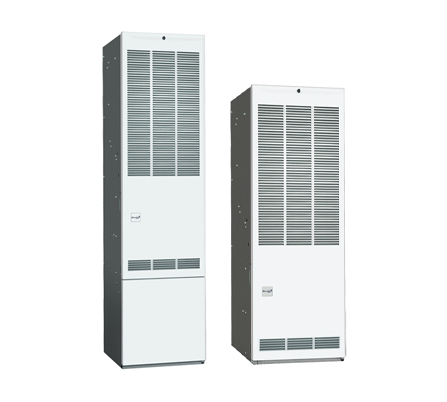- Order Online or Call
-
 (888) 474 - 9966
(888) 474 - 9966
-

-
Mon - Fri 9:00am - 3:00am EST - Se Habla Español
Sat - Sun 9:00am - 6:00pm EST
Faqs
-
Do I buy a system that user R-22 or R-410A Refrigerant?
Most air conditioners and heat pumps use a refrigerant known as Freon. Emissions of this refrigerant into the earth's atmosphere are known to deplete the earth's ozone layer that protects all living things from harmful rays from the sun. Currently, in the U. S. alone, there are over 2,500,000 homes that enjoy comfort as a result of non-ozone depleting Puron® refrigerant in their air conditioners or heat pumps. By choosing higher efficiency equipment that uses Puron refrigerant, you'll enjoy enhanced comfort, more reliable products, money savings and environmentally sound operation all at once. At the same time, you'll protect yourself from the potentially rising service costs associated with Freon refrigerant. Chemically, Puron refrigerant is an environmentally sound 50/50 blend of two separate refrigerants, R-32 and R-125. Consumer products featuring Puron refrigerant were first marketed in 1996. As of December 31, 2009, production of R-22 systems was terminated.
-
Is a Heat Pump the Best Choice For me?
Since a heat pump can both heat and cool a house, wouldn't you always rather buy a heat pump than a central air conditioner? And wouldn't you rather have a single piece of equipment to purchase, install and maintain than both a central air conditioner and a furnace? While the answer may be this simple, you should consider several factors. The seasonal weather in your region is probably the most important factor in this decision. If the temperature rarely dips below 40 degrees Fahrenheit, you can probably heat your home more affordably with a heat pump than a furnace. However, if the temperature is often colder, you should consider having a backup heat source. Many people choose a gas or oil furnace to serve this purpose -- both for reasons of cost and because a furnace can more easily maintain warm temperatures when the difference between the temperature outside and inside increases. Second, heat pumps are generally more expensive than a central air conditioner of the same efficiency and capacity. For example, at one direct-to-consumer retailer, a 1.5 ton, 13 SEER Rheem heat pump retails for about $100 more than the equivalent 1.5 ton, 13 SEER Rheem central air conditioner. Contractors may also charge more to install a heat pump than a central air conditioner. A third criteria to consider is longevity. Since a central air conditioner is typically only used during the summer months, and a heat pump is used during both summer AND winter, the lifespan of a heat pump is typically shorter than that of a central air conditioner. Maintenance costs are typically higher as well, since the compressor, controls and other components will run more months out of the year. Finally, natural gas and oil have historically been more affortable than electricity. However, as petroleum costs have skyrocketed in the past months, this may not be true in your area. Of course, this also varies by region. Some, for example, have pointed out that the many hydroelectric dams in the Pacific Northwest of the United States often result in electricity costs lower than natural gas costs. Since heat pumps almost often run on electricity, you'll want to consider whether a gas furnace would be cheaper.
-
Am i paying a reasonable price for HVAC System?
There are essentially two costs when purchasing and installing a new central air conditioner: equipment costs and labor costs. Depending on your situation, you may be able to reduce your costs in one or both of these areas. Probably the single greatest cost-saving solution is to buy your air conditioner from a direct-to-consumer retailer, and then hire a licensed HVAC contractor to install it. You will need to work with a good HVAC contractor when you install a new central air conditioning system. Make sure that you get quotes from at least three contractors. This will ensure you a low, medium and high bid, and give you a good sense of what it is reasonable to pay. Also, make sure to screen your potential contractors to ensure that they have happy customers and no complaints.






